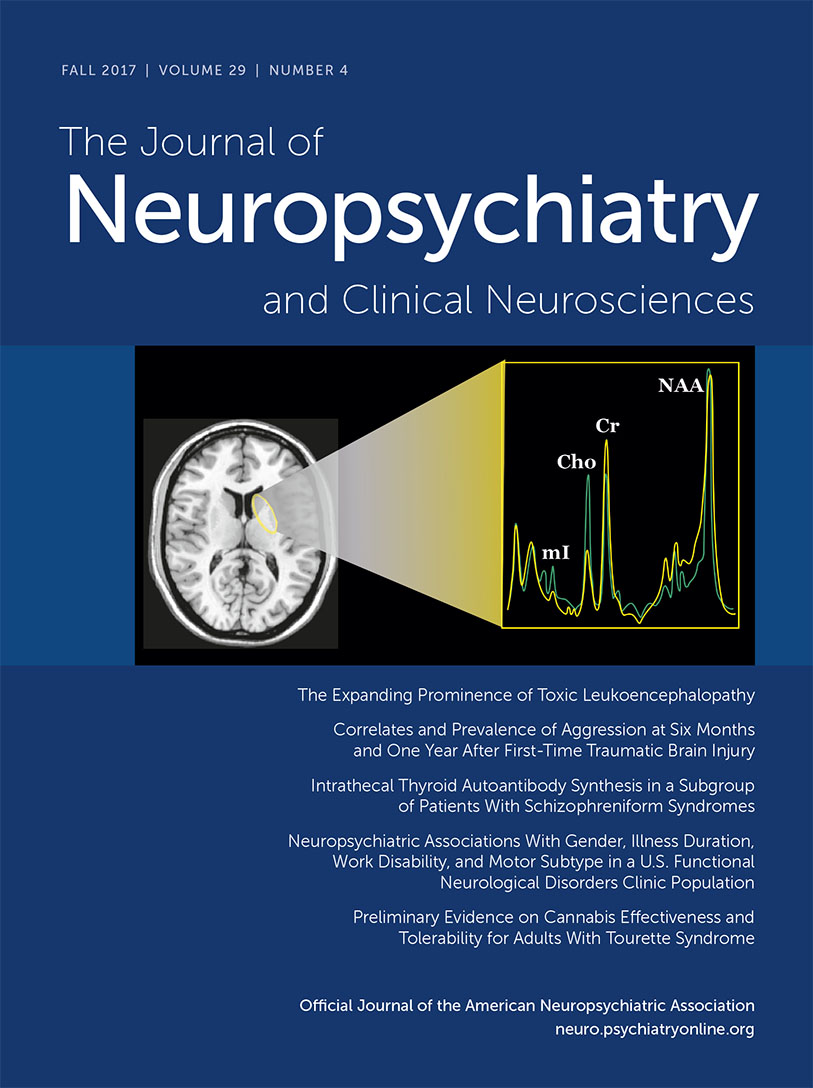Neural Correlates of Error Monitoring in Adult Attention Deficit Hyperactivity Disorder After Failed Inhibition in an Emotional Go/No-Go Task
Abstract
The authors’ aim was to investigate the modulation of event-related potentials (ERPs) by the affective content of stimuli in adult attention deficit hyperactivity disorder (ADHD) patients during error monitoring. By obtaining ERPs from 26 adult ADHD patients and 14 healthy controls in an emotional go/no-go task, the authors investigated two error-related ERP components, the error-related negativity (ERN) and error positivity (Pe). In ADHD patients, the ERN amplitude decreased for negative stimuli after failed response inhibition (“no-go response”) and Pe amplitude decreased for neutral stimuli compared with the controls. These findings suggest that ADHD patients differ from controls both in the early and in the later stages of error processing.



